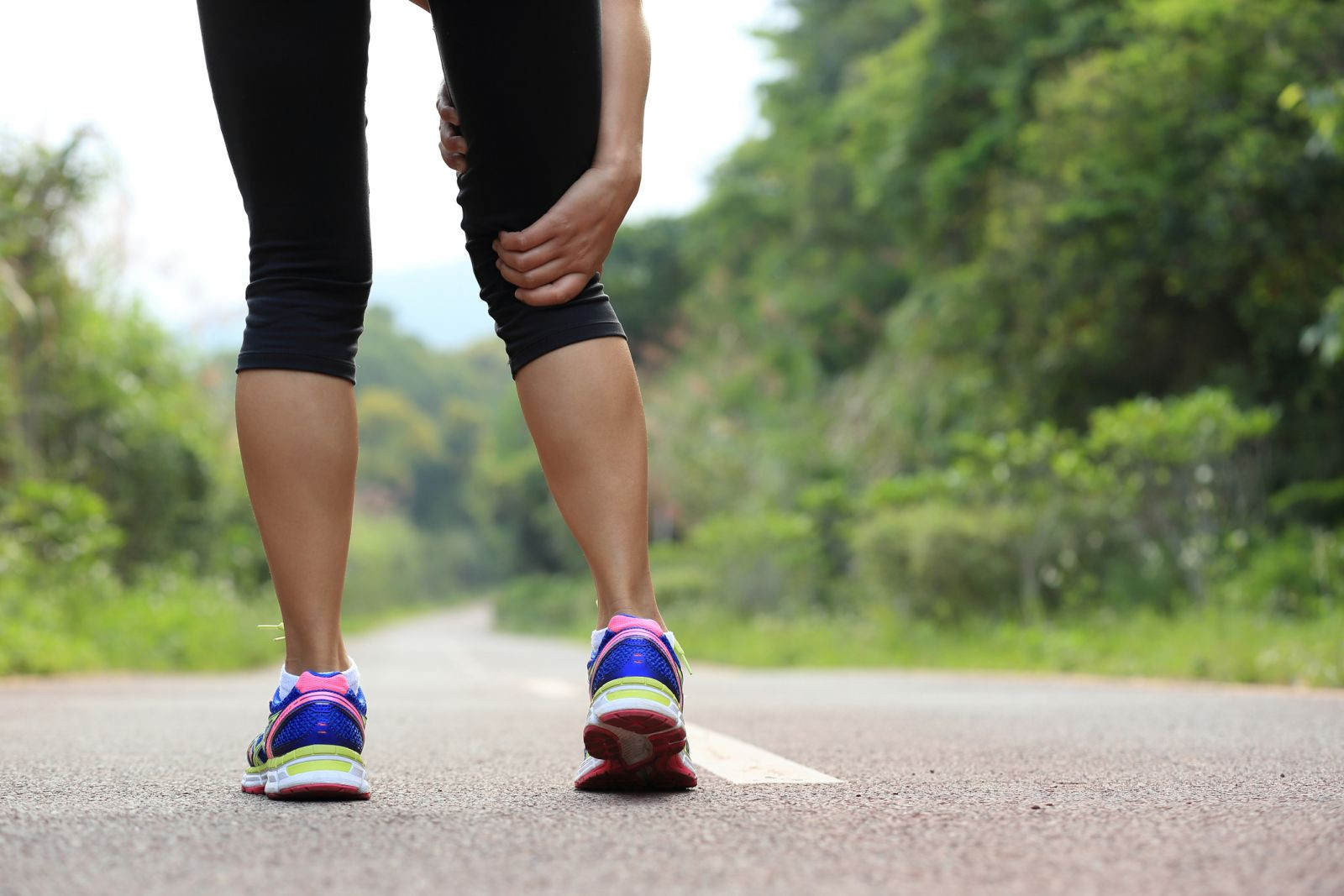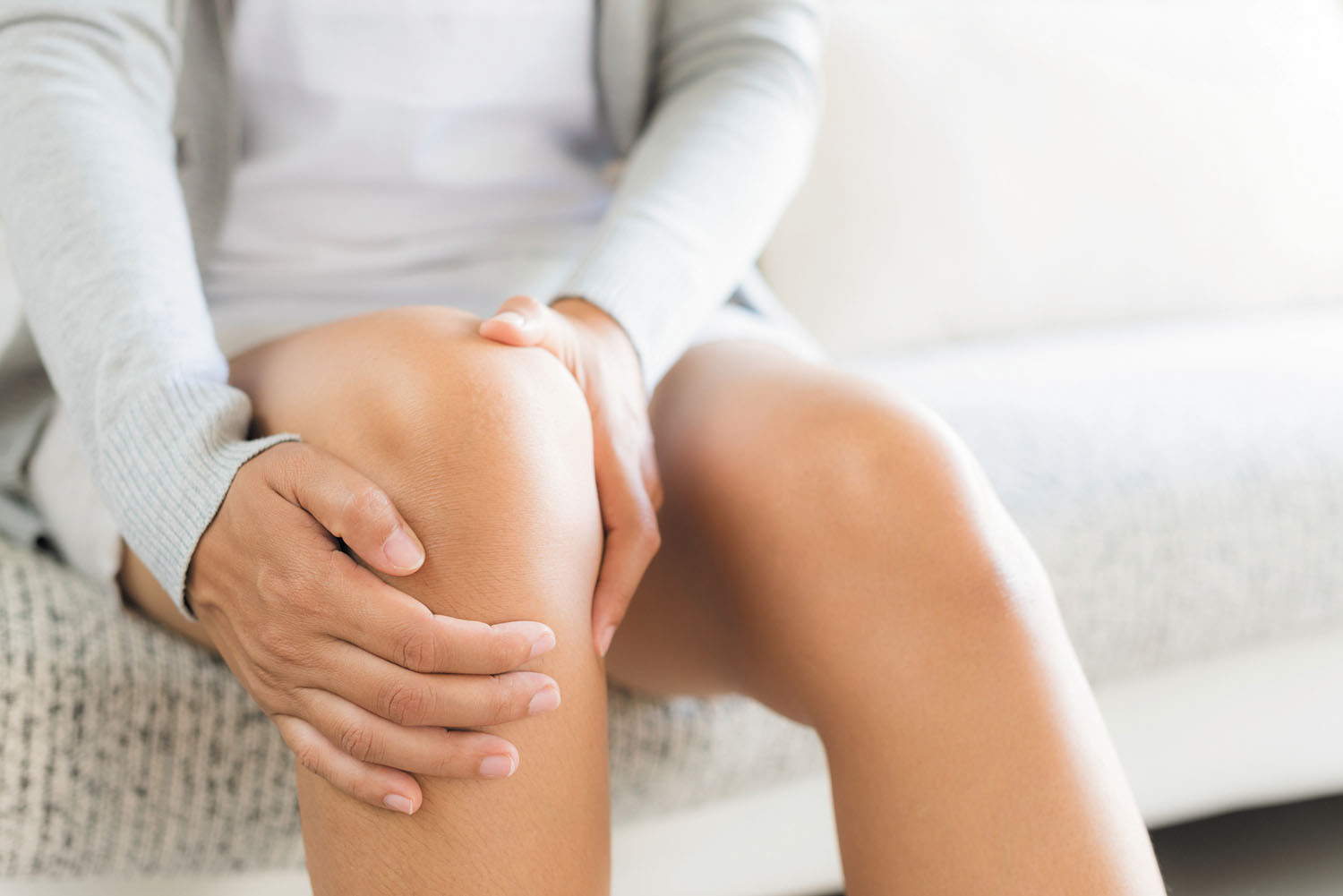
Trying to lose weight? Be careful not to lose muscle

Is your skin problem actually an autoimmune condition?

People with diabetes face higher risk of hearing loss

Antibiotic-free fixes for recurrent UTIs

Musculoskeletal syndrome of menopause: When menopause makes you ache all over

When can older women stop getting mammograms?

To lose weight, especially harmful belly fat, combine diet and exercise

Can men hold off on treating recurring prostate cancer?

The 7 types of rest and why we need them all

What are the early warning signs of cervical cancer?
Pain Archive
Articles
When the doctor becomes the patient: A transformative experience
A doctor's serious health threat prompts reflection on the power of spirituality, the value of mindfulness practice, and acknowledgment of mortality as a motivator to reassess one's priorities.
Stretching studios: Do you need what they offer?
When walking makes your legs hurt
There are other conditions besides arthritis that can make walking difficult and even painful, such as peripheral artery disease, chronic venous insufficiency, lumbar spinal stenosis, and diabetic neuropathy.
If you have knee pain, telehealth may help
Osteoarthritis (OA) is the number one cause of chronic knee pain, affecting nearly a quarter of people 40 or older. A recent study of people with overweight or obesity and OA showed that telehealth visits can be an effective way to provide care and may even help with weight loss, which can improve symptoms and prevent OA from worsening.
Heart-safer NSAID alternatives
Common pain relievers known as nonsteroidal anti-inflammatory drugs (NSAIDs) carry an added risk of heart problems. Use only what you need and for only as long as you need it. Men with heart problems should be extra cautious.
Got back pain? Can virtual reality provide real pain relief?
Chronic low back pain is a leading cause of long-lasting pain and disability worldwide. Treatment options help some people but not all, leaving millions seeking safe, effective treatment. An 8-week program using a virtual reality device aims to offers lasting relief, but valid questions about evidence of effectiveness have not yet been answered.
A single-session class offers chronic low back pain relief
Curcumin for arthritis: Does it really work?
Help for your aching back

Trying to lose weight? Be careful not to lose muscle

Is your skin problem actually an autoimmune condition?

People with diabetes face higher risk of hearing loss

Antibiotic-free fixes for recurrent UTIs

Musculoskeletal syndrome of menopause: When menopause makes you ache all over

When can older women stop getting mammograms?

To lose weight, especially harmful belly fat, combine diet and exercise

Can men hold off on treating recurring prostate cancer?

The 7 types of rest and why we need them all

What are the early warning signs of cervical cancer?
Free Healthbeat Signup
Get the latest in health news delivered to your inbox!
Sign Up











